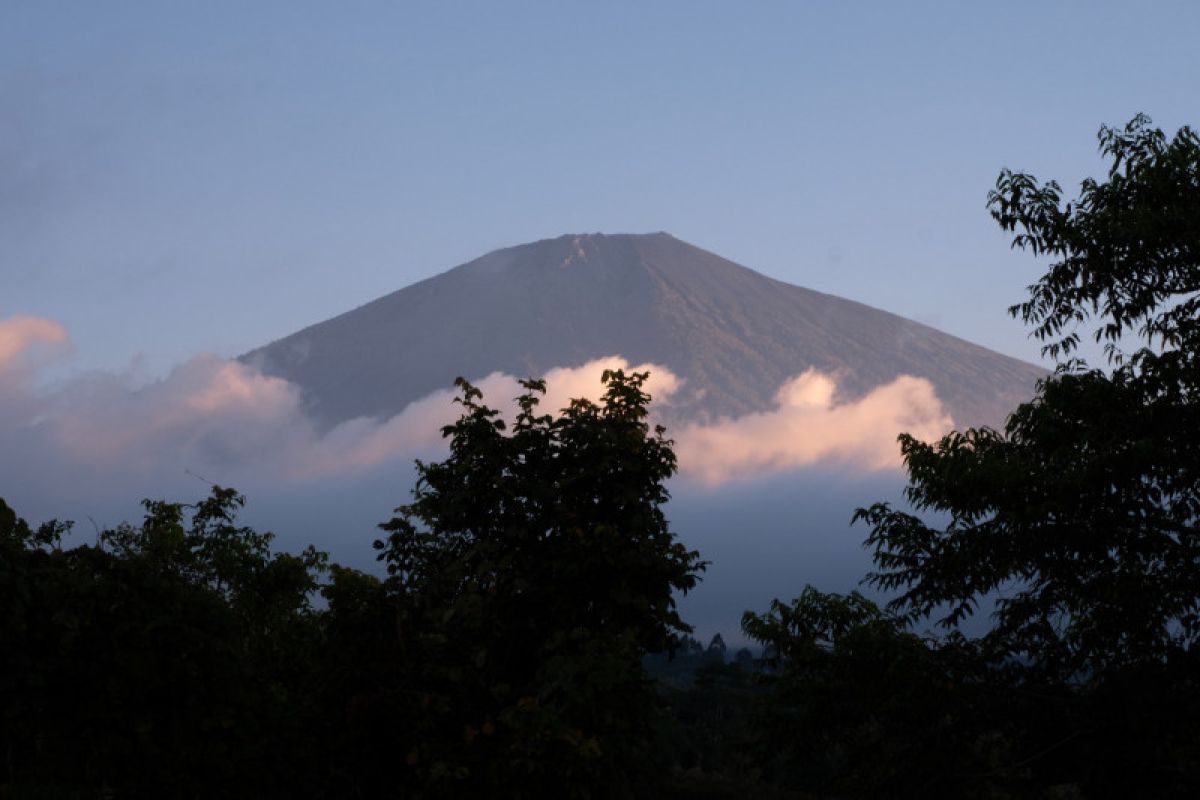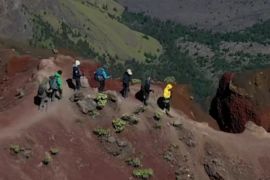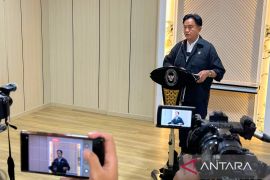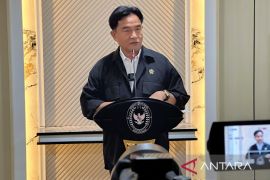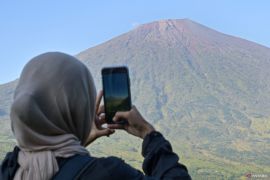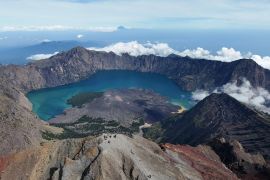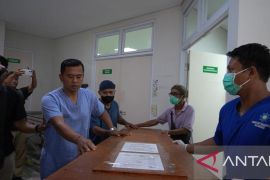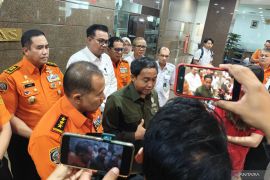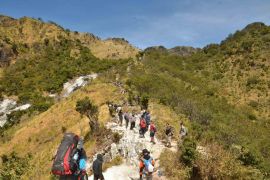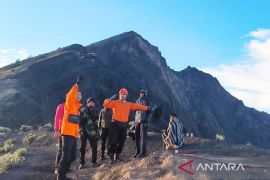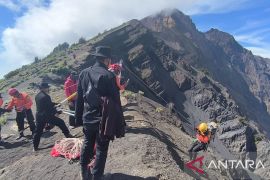"Mount Rinjani is a source of life akin to water for the entire Lombok Island," Raden Akria Buana, Bayan indigenous community leader, concurrently Senaru village chief, told Antara here on Friday.
Mount Rinjani holds spiritual significance for the indigenous people of Bayan residing in the districts of North Lombok and Sembalun, East Lombok.
Preserving Mount Rinjani has become a hereditary tradition for the Bayan people, he pointed out.
Local village heads are responsible for protecting the flora and fauna on Mount Rinjani. The flora and fauna must be protected from modern equipment that could damage them, he remarked.
The natives believe Mount Rinjani is a home of the spirits that guard the mountain. Hence, they routinely hold offering rituals on the mountain, which is popular among local and foreign tourists for hiking.
To this end, the Bayan indigenous people have vehemently rejected the plan to construct a cable car on Mount Rinjani, he remarked.
"We strongly reject the development plan. We do not want Mount Rinjani to be damaged," he emphasized.
Earlier, Head of NTB's Environment and Forestry (LHK) Office, Madani Mukarom, confirmed a plan to construct a cable car, with the backdrop of the Mount Rinjani National Park (TNGR) in Lombok.
He remarked that the planned cable car, to be built by PT Indonesia Lombok Resort, will stretch 10 kilometers long and pass Aik Berik Village, North Batukliang Sub-district, Central Lombok District.
The planned cable car's tracks will be within the protected forest area and the community forest park (Tahura) area and not in the Mount Rinjani area, he added. Related news: Unesco designates Mount Rinjani as global geopark
Related news: Developing Mount Rinjani tourism through geopark concept
EDITED BY INE
Translator: Riza Fahriza, Fardah
Editor: Suharto
Copyright © ANTARA 2020
